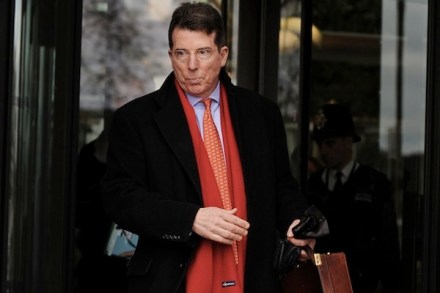The tangled truth
There is a kind of mercantile speculation which ascribes every action to interest and considers interest as only another name for pecuniary advantage. But the boundless variety of human affections is not to be thus easily circumscribed. This is from a sermon by Samuel Johnson. I can’t find the date, but suspect he is having an early pop at Adam Smith, whom he met only once (they didn’t hit it off). Around a hundred years later, here’s Friedrich Hayek, accepting the Nobel prize for economics. It seems to me that this failure of the economists to guide policy more successfully is closely connected with their propensity to imitate as closely



















